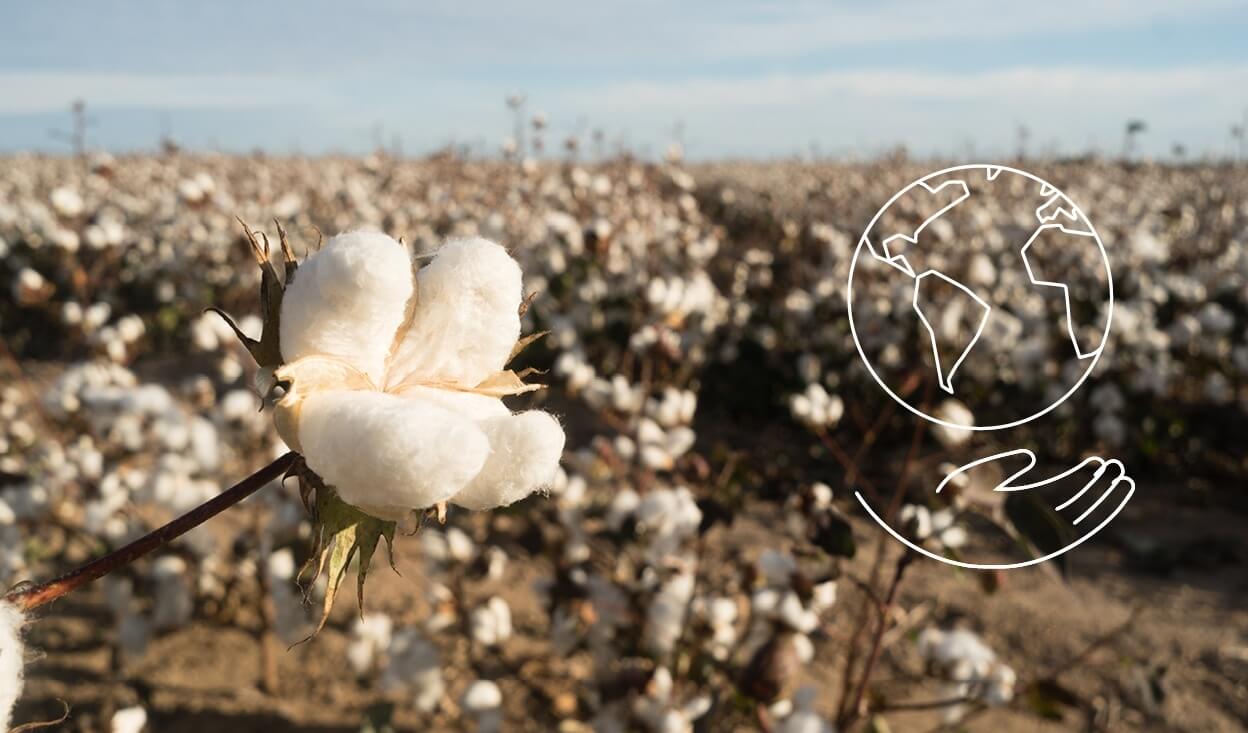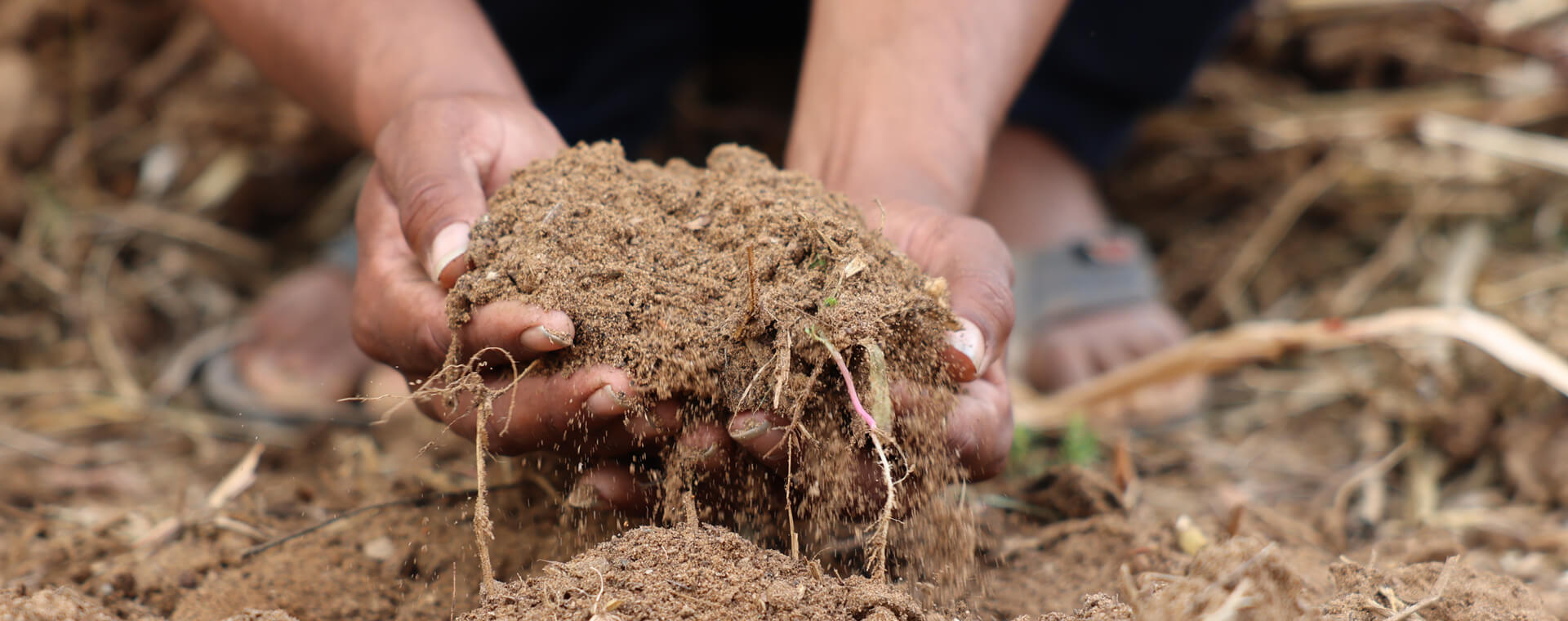
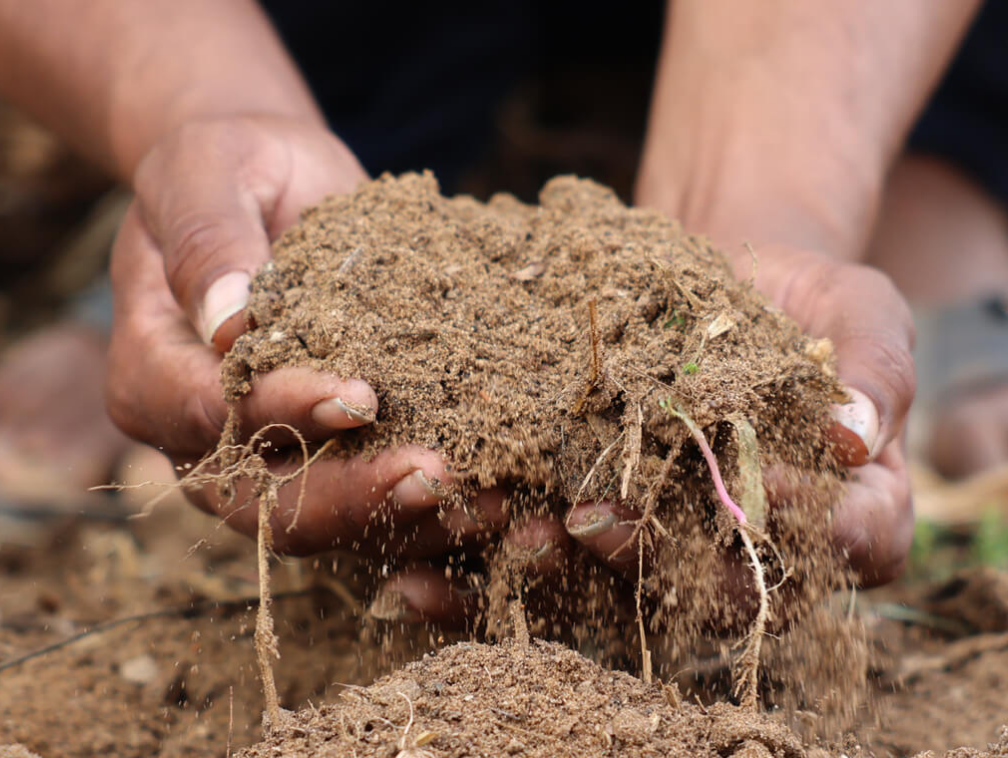
#1 THE CONVERSION PERIOD LASTS 3 YEARS
TRUE – The certification process is, as always, very long. However, from day one of this transition, production scrupulously respects the strict standards imposed on the organic sector. This is the only way for the farmers to finally obtain their precious label.
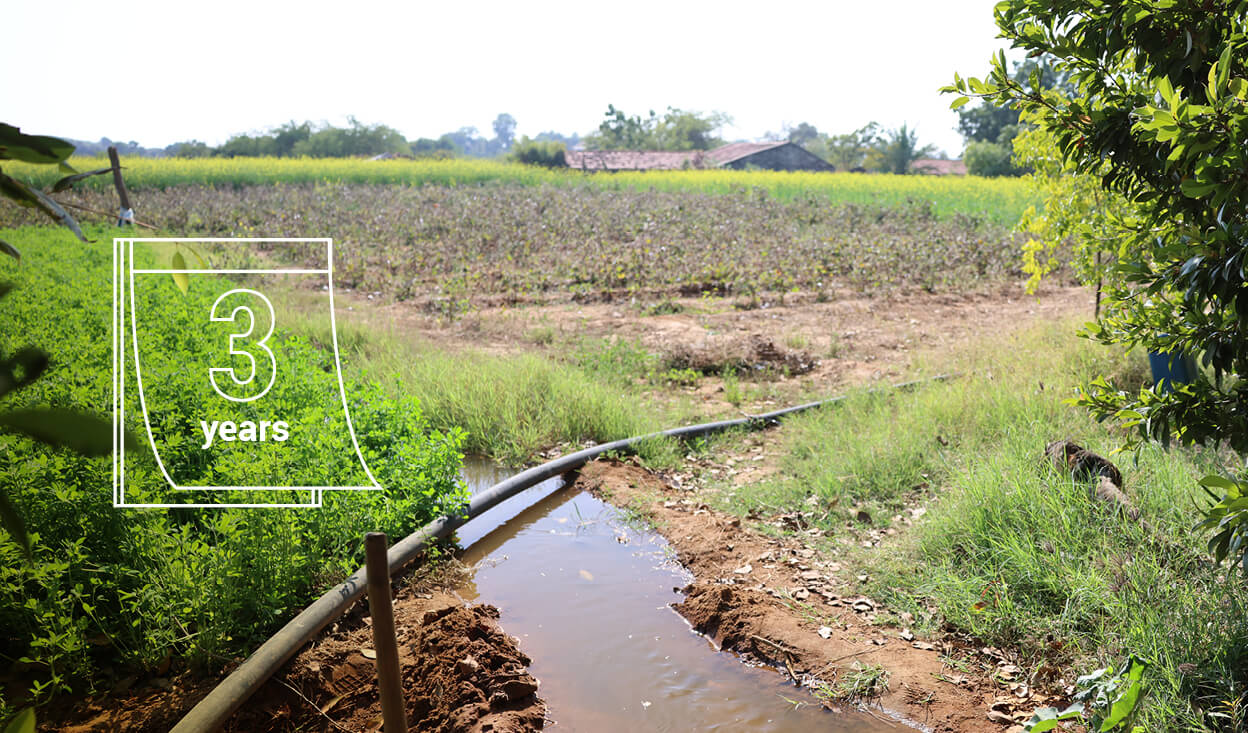
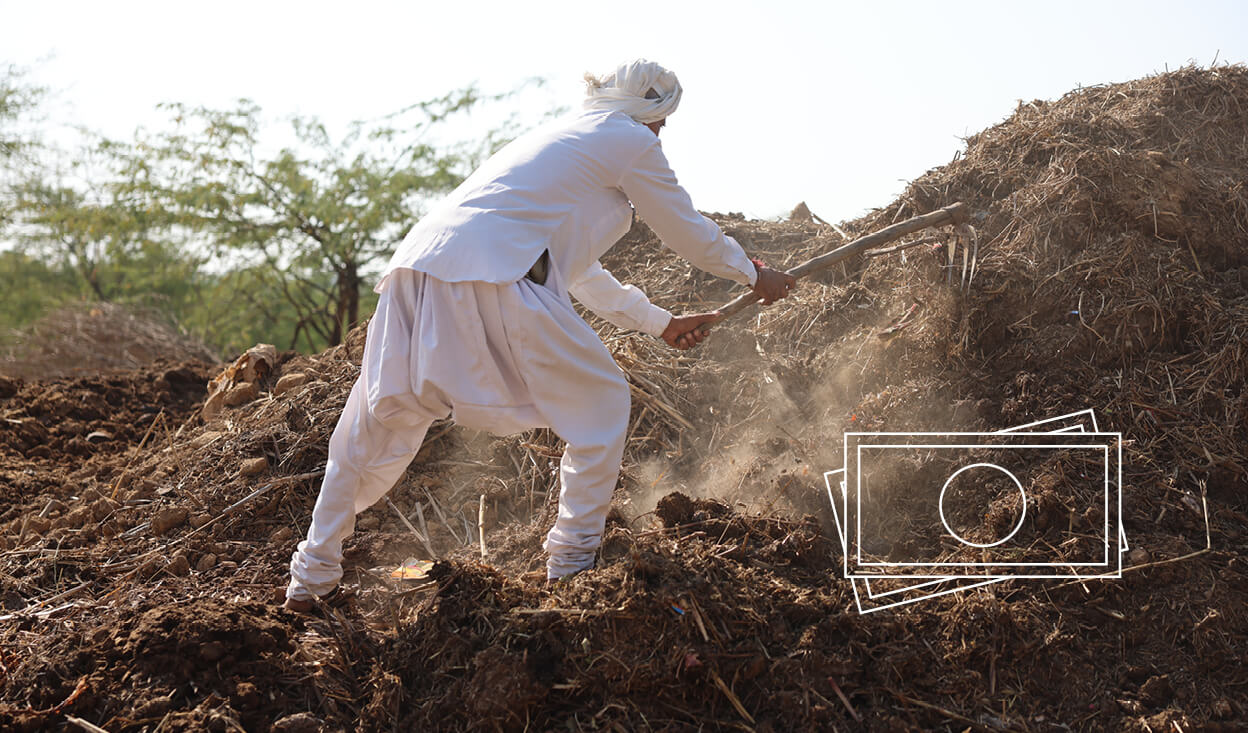
#2 FARMERS GET RICHER DURING THIS TRANSITION PERIOD
FALSE – Quite the opposite actually, their income unfortunately decreases during the transition. Their production isn’t certified as organic yet, so they can’t sell it at a premium price. At the same time, what with the abandonment of pesticides coupled with soil exhausted by years of intensive cultivation, their yields drop consequently during the first 2 years. This is one of the reasons why we decided to support them and embrace Organic in conversion cotton at B&C.

#3 ORGANIC IN CONVERSION COTTON IS NOT AS ENVIRONMENTALLY FRIENDLY AS ORGANIC COTTON
FALSE – Organic In Conversion cotton is produced to exactly the same standards as organic cotton! From day one of the transition, farmers are banned from using any chemical pesticides or GMOs to grow their crops. They’re also obligated to minimise the amount of energy and water they use, and to adopt a crop rotation system. Their activity is therefore just as environmentally friendly as that of organic farmers.
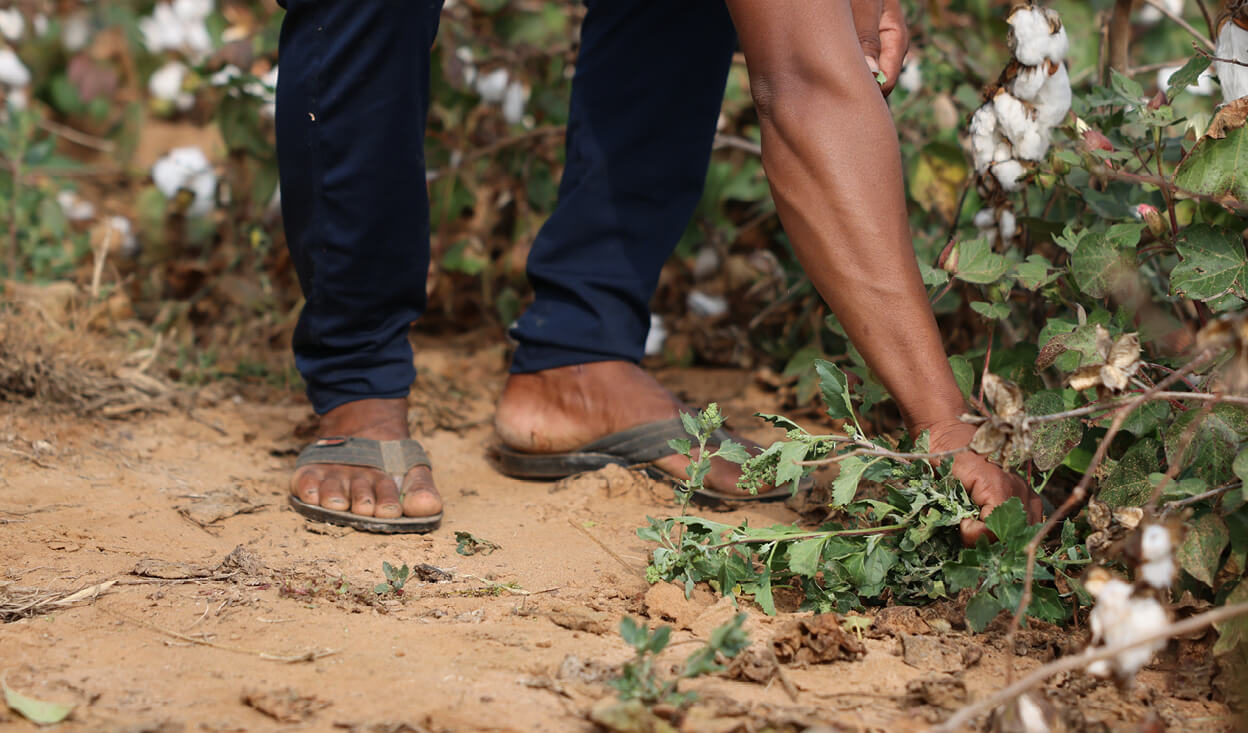
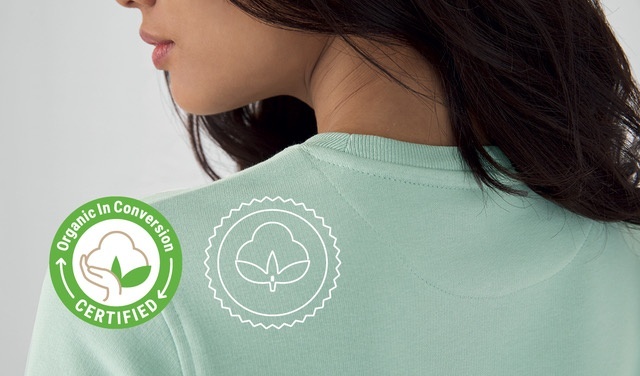
#4 CLOTHES MADE FROM ORGANIC IN CONVERSION COTTON ARE OF LOWER QUALITY THAN THOSE MADE FROM CONVENTI
FALSE – There’s no difference! At B&C, we produce garments exactly in the same way, whether they’re made from conventional, organic in conversion or organic cotton. Organic In Conversion cotton clothing is therefore as strong and as easy to print on as our other products. No need to adapt your machines! We also make sure you will always have access to the same range of colours and can offer exactly the same designs to your customers.

#5 ORGANIC IN CONVERSION COTTON IS MORE EXPENSIVE THAN CONVENTIONAL COTTON
TRUE – We strongly believe that this price is only a fair compensation for all the efforts made by farmers during the 3-year transition. It’s also a strong incentive to encourage them to start this process and convert to a more sustainable agriculture.

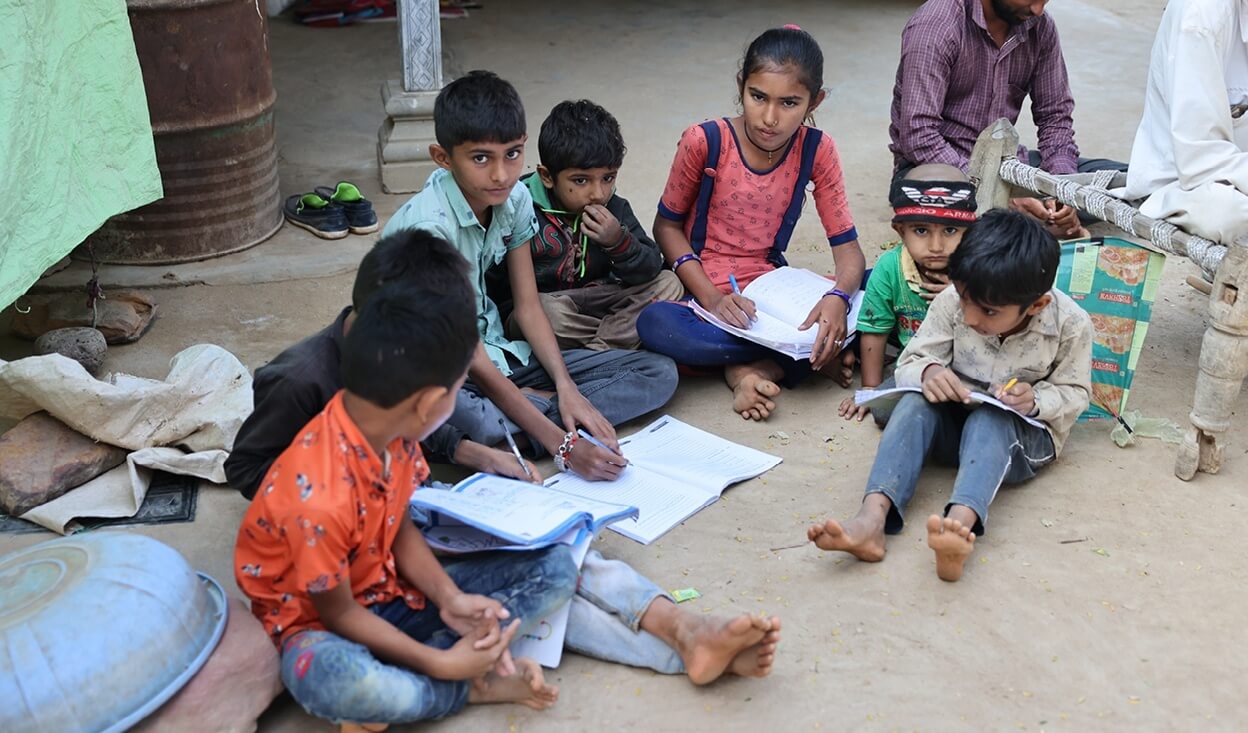
#6 THE SOCIAL IMPACT OF ORGANIC IN CONVERSION COTTON IS NOT AS GREAT AS THAT OF ORGANIC COTTON
FALSE – It’s just the opposite! By choosing organic in conversion cotton, you’re supporting the living conditions of farmers during their difficult transition to organic cotton. You’re also helping to change attitudes and finance their training with an eye to more nature and health-friendly agriculture.

#7 ORGANIC IN CONVERSION COTTON WILL REPLACE ORGANIC COTTON
TRUE AND FALSE – At B&C, we are making a genuine, well thought-out choice to switch from organic to organic in conversion cotton to encourage farmers to make the transition. Today, organic cotton represents less than 1% of world cotton production. As a major brand in the sector, it’s our responsibility to help convert as many small producers as possible to organic farming. We believe this is currently the best way to increase organic cotton production, improve the living conditions of farmers and protect the planet. Organic cotton availability in the future can only grow if brands support “In transition” farmers….this is the commitment of B&C today!
